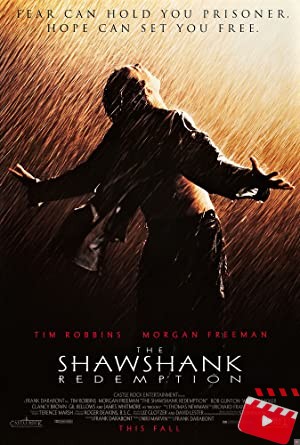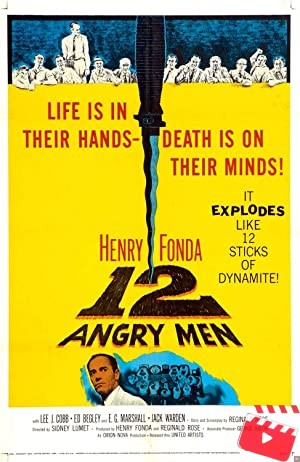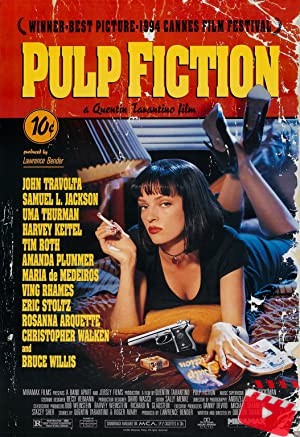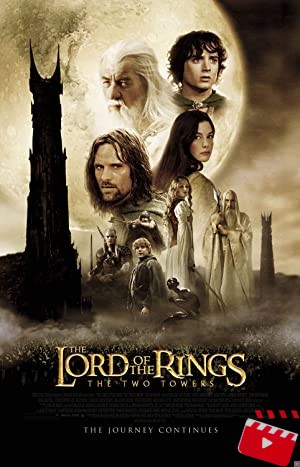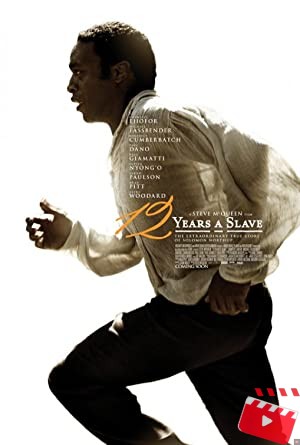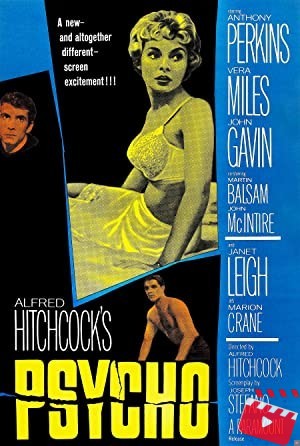
As someone who loves classic thrillers, I was excited to finally watch Alfred Hitchcock‘s Psycho from 1960. And let me tell you, this movie did not disappoint.
From the eerie opening credits to the shocking ending, this film had me on the edge of my seat the entire time. The story follows Marion Crane, a young woman who steals money from her employer and stops at the Bates Motel on her way out of town. There, she meets the charming but mysterious Norman Bates and things take a dark and twisted turn.
One of the things that impressed me most about this movie was the acting. Anthony Perkins gave a chilling performance as Norman, perfectly capturing the character’s bizarre and unsettling nature. And Janet Leigh was incredible as Marion, bringing depth and humanity to a character who could have easily come across as cold and calculating.
But what really sets Psycho apart is its masterful direction. Hitchcock expertly builds tension and creates an atmosphere of unease, using everything from the famous shower scene to the subtlest camera angles to keep the audience on their toes.
Overall, I would highly recommend Psycho to anyone who loves a good thriller. It’s a true classic that still holds up today, and it’s easy to see why it’s considered one of Hitchcock’s best films. So grab some popcorn, turn off the lights, and get ready for a spine-tingling ride.
Lesson about Psycho
We can learn about the dangers of repressed emotions and the consequences of unhealthy mother-son relationships from the movie Psycho 1960.
The Best of Psycho
- 1. Iconic suspense and horror: “Psycho” is a timeless classic of the thriller genre that has delighted and terrified audiences for generations. The film is renowned for its masterful use of tension and atmosphere to create a sense of dread and fear that keeps viewers on the edge of their seats until the final, shocking reveal.
- 2. Revolutionary filmmaking techniques: Director Alfred Hitchcock‘s innovative and groundbreaking techniques, such as the use of a handheld camera and a quick editing style, were ahead of their time and inspired generations of filmmakers. His utilization of black and white cinematography and the infamous shower scene has become a staple of the horror genre.
- 3. Psychological complexity: The psychological themes explored in “Psycho” are as relevant today as they were in 1960. By examining the twisted mind of the film’s antagonist Norman Bates, the movie explores the darker aspects of humanity and the nature of evil, causing the audience to question their own perception of mental illness and societal norms.
Week points of Psycho
- 1) Despite being a classic of the horror genre, some viewers may find the pacing of Psycho to be slow by modern standards, with extended sequences that focus on character development rather than action or scares.
- 2) The character of Norman Bates, while iconic, could be seen as a problematic representation of mental illness. The idea that someone with dissociative identity disorder (as Norman is often interpreted as having) would be capable of such extreme and violent actions reinforces negative stereotypes about mental illness and perpetuates fear and misunderstanding.
- 3) While the famous shower scene is undoubtedly one of the most memorable moments in cinema history, some viewers may find it overly graphic and exploitative. Hitchcock’s voyeuristic camera work and use of intense music could be seen as sensationalizing violence against women for shock value, rather than exploring deeper themes.
Technical details of Psycho
| Title | Psycho |
|---|---|
| Year | 1960 |
| Rated | R |
| Released | 08 Sep 1960 |
| Runtime | 109 min |
| Genre | Horror, Mystery, Thriller |
| Director | Alfred Hitchcock |
| Writer | Joseph Stefano, Robert Bloch |
| Actors | Anthony Perkins, Janet Leigh, Vera Miles |
| Plot | Phoenix office worker Marion Crane is fed up with the way life has treated her. She has to meet her lover Sam in lunch breaks, and they cannot get married because Sam has to give most of his money away in alimony. One Friday, Marion is trusted to bank forty thousand dollars by her employer. Seeing the opportunity to take the money and start a new life, Marion leaves town and heads towards Sam's California store. Tired after the long drive and caught in a storm, she gets off the main highway and pulls into the Bates Motel. The motel is managed by a quiet young man called Norman who seems to be dominated by his mother. |
| Country | United States |
| Awards | Nominated for 4 Oscars. 7 wins & 14 nominations total |


